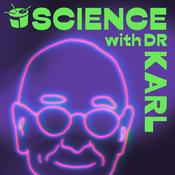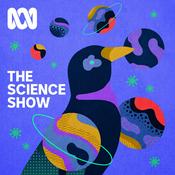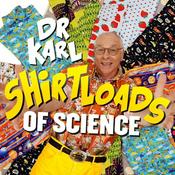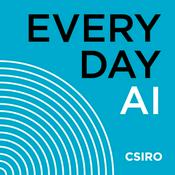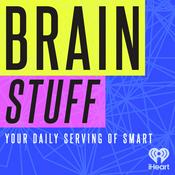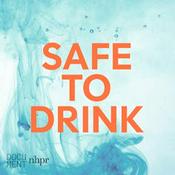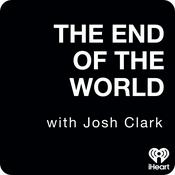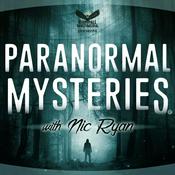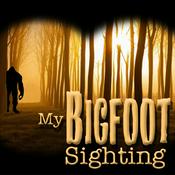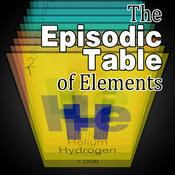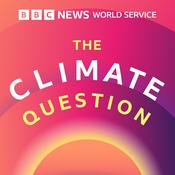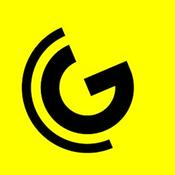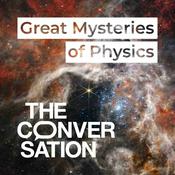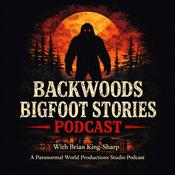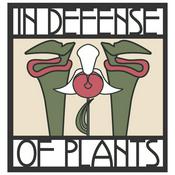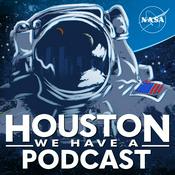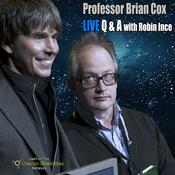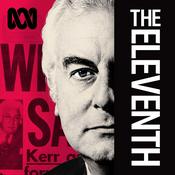419 episodes
- A quick online search reveals multiple paid services for naming stars as commemorative gifts. You'll be provided with a certificate and a map for finding your star in the sky. But these names are not official and are not used by astronomers — or anyone else, for that matter. So what's going on, and how do stars really get their names?
Featuring:
Laura Driessen, radio astronomer at the University of Sydney
You can binge more episodes of the Lab Notes podcast with science editor and presenter Jonathan Webb on the ABC Listen app (Australia). You'll find episodes on animal behaviour, human health, space exploration and so much more.
Get in touch with us: [email protected]
This episode of Lab Notes was produced on the lands of the Gadigal and Menang Noongar people.
More Science podcasts
Trending Science podcasts
About The Science Show - Separate stories podcast
The Science Show gives Australians unique insights into the latest scientific research and debate, from the physics of cricket to prime ministerial biorhythms.
Podcast websiteListen to The Science Show - Separate stories podcast, Radiolab and many other podcasts from around the world with the radio.net app
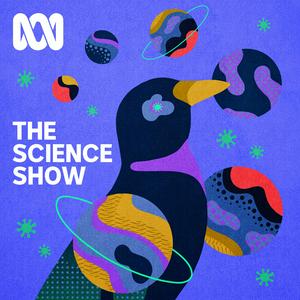
Get the free radio.net app
- Stations and podcasts to bookmark
- Stream via Wi-Fi or Bluetooth
- Supports Carplay & Android Auto
- Many other app features
Get the free radio.net app
- Stations and podcasts to bookmark
- Stream via Wi-Fi or Bluetooth
- Supports Carplay & Android Auto
- Many other app features


The Science Show - Separate stories podcast
Scan code,
download the app,
start listening.
download the app,
start listening.






